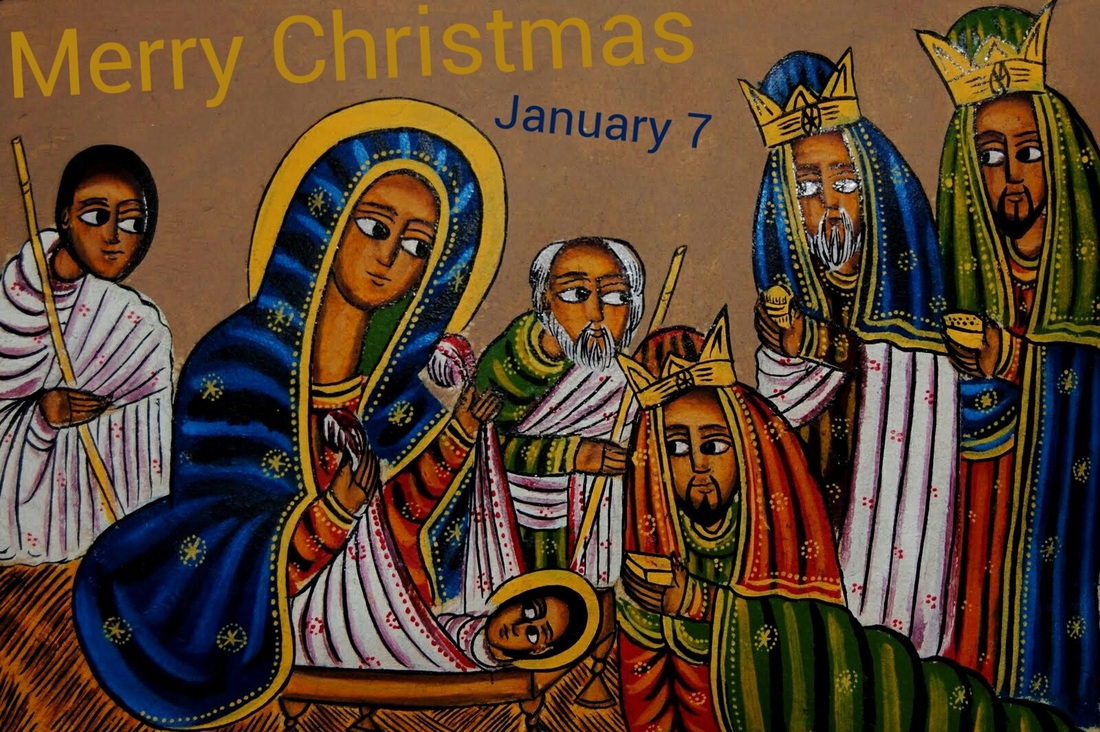 This year started with the demise of a great singer-songwriter David Bowie. It was clear that he did not want his departure to go unnoticed. This was true for his lifetime as well, adopting various identities to bring marginalized groups to the fore. He probably realized you only die once, and turned it into a piece of art that has astonished many. What got to me was the image of him holding a book, which looked like a heavily used bible, with a black-star on the cover. It represented his gospel of total freedom which was mirrored by his life choices. It occurred to me, everyone lives by a certain gospel. A message of good news. In times of transition such as ours, a new gospel may be required more than ever. When PSO, the demised Dutch expert organization for capacity development of civil society, was about to close its doors, it published a series of success stories on innovation. Various innovative learning modalities were developed at PSO that received an excellent uptake with civil society organizations. PSO invested in collective learning processes like that of the Community of Practice on Migration and Development. Ironically enough, the heading of the final document read "Don't miss the boat". The irony speaks in various ways. Many refugees do not want to miss the boat today. At the same time the international community does not have the ideas nor the capacity to create an 'Ark of Noah' for bringing people into safe waters away from war or create the right conditions for them to remain on shore away from conflict areas. Momentum At the time PSO actually missed the boat in failing to grasp the momentum. Several transitions were already ongoing, aid and trade agenda's were combined and fragile states and migration had come up as important thematic areas and joint learning processes were successfully initiated and communities of practice formed. How come PSO was not able to use this momentum and continue delivering on these important learning agenda's? Today the proceeds of these collective learning programs would have made excellent input into programs that are currently hastily designed to deal with the huge case load of refugees and remain vigilant in fragile contexts. I belief PSO failed to formulate a new gospel that would address the capacity challenges at the time in an effective manner. On a positive note: many NGOs still maintain learning agenda's and have joint learning programs as part of their capacity development interventions: self-organized learning, peer-2-peer review systems; multi-stakeholder processes and a realist approach to evaluation acknowledging complexity while addressing attribution challenges are all results from this eagerness to learn amongst NGOs. Capacity development Today I sat together with knowledge organizations and a variety of other actors involved in building capacities for education and knowledge systems organized by PIE and EP-Nuffic. The assumption that universities may be best placed to build capacities of other universities may be questioned. Actually, while working with a university I experienced first hand how capacity development of universities in developing economies was not perceived as bringing much value to the primary process. However the possible outcomes of these interventions in terms of improved connectivity to universities abroad and as deliverables on the internationalization agenda for various disciplines recently gained some traction. This will be the frame to embrace in holistic capacity development. The realization that always two blades sharpen each other creating win-wins is gradually winning territory in the development landscape. Charity or reciprocity Some institutional realities still prefer a charity perspective to capacity development with a recipient and provider perspective. I hope this frame will soon be replaced by the rightful claim for reciprocity and interdependency that acknowledges outcomes at both sides of the partnership equation, even if the primary aim of the intervention from the donor perspective remains building local capacity. Capacity development could then deliver for the frontiers of finance, economic affairs, home and foreign affairs (including humanitarian aid, safety and security and asylum policies) and made part of the internationalization agenda of educational institutions. I bet this new gospel already counts a number of followers within the line Ministries following recent initiatives by Mrs. Ploumen, our Dutch Minister for Aid and Trade, to engage with other colleagues in the cabinet and their line Ministries in delivering on international commitments. Please pray for more converts so that their numbers will increase and policy coherence achieved. This will be an important pre-condition for effectively pulling together public and private forces and resources to protect the public goods and deliver on the sustainable development goals. At the start of 2016 I received the first best wishes, apart from my close relatives, from Ethiopia. Which is a bit odd as in Ethiopia the Melkam Addis Amet (happy new year) has been exchanged in September already, following the Julian calendar. At the other hand their Christmas is still coming. In many ways the timing of the Eastern Orthodox is a lot better than the Western one. Around the start of the Ethiopian new year new global goals were set, a set of new promises. Resolutions or, as we say in the Netherlands, good intentions. This tradition has eroded quite a bit, with only 17% of the Dutch expressing them explicitly, making me cautious doing the same here.
To be frank I probably did not make the best start into the new year by purchasing a successor to our 'family vehicle'. So there you go, reporting on climate negotiations and a potential new set of what may turn out false promises. So than, what do you do? I presume there are various options to deal with this 'sin' against humanity. Limit the use of the car? Contribute to one of the many CO2 initiatives that try to capitalize on the individual and collective sense of guilt? Start working for an organization that helps people fight climate change? I guess this type of questions that I have to deal with do not compare to the questions most of the climate victims need to deal with in the coming year. Shall we stay at our farm or move to an urban center in search for a better life. Or for young unemployed academics: Do I stay or shall I try my luck in Europe? I can also take it from a professional angle: Am I not engaged in building capacity of people through education and training to be better able to deal with the changing world around them? However, does it really empower them if at the same time those that receive training are lured into a world where this type of education invites for wasteful behavior with regard to natural resources, as 'modern' societies have demonstrated in the past century? Or will so called advanced economies also help us getting out of the mess with climate smart technology? Secondly, would I be a genuine advocate for change, if I keep traveling the world contributing to even more pollution? How do I bring global goals and organizational and personal behavior together? MOOC One of the clear trends that can be observed today is the obscuring of the public-private boundary. Where in the past some clear distinction existed between public and private responsibilities and duties, today achieving public goals requires private investment. Worth mentioning in this respect is the recent Massive Open Online Course (MOOC) on Finance for Development that the World Bank organized. A nice example of how training can be organized without having to board a plane, while still comparing notes on our final project cross-culturally. At the same time I was shocked to learn in what way billions are expected to be turned into trillions to finance development. Though the ambition is laudable, I still have doubts whether the proposed combined power of public and private financial resources will make the difference. Increased tax revenues from improved domestic resource mobilization together with tapping private foundations, pension funds and philanthropic institutions should do the job according to the World Bank, with a central role of course for multilateral financial institutions. Vows and accountability What I am missing in the public-private story of the World Bank is the human, actionable dimension as illustrated above. We do have choices, and every choice we make has both private and public repercussions. Hence, my vows at the start of this new year should be about my personal consumption and production patterns. For the sake of accountability over private good intentions it will be good to announce them to the ones near to you privately. They are in the best position to keep you accountable. As far as my public duties (paid with tax money) are concerned some public accountability may be required. I intend to compensate for every mile traveling faster than cycling speed. Secondly, I will minimise travel and maximise open online exchanges at both individual and intra-organizational level for which I will at least take three initiatives in the coming year that influences a 1000 persons' individual choices positively. Hope this blog makes for the first 100. |
About meMy name is Reinier van Hoffen. U®Reading
Click here for a summary.
Also find the text of a lecture Dr. Achterhuis held at the 2012 Bilderberg conference. Archives
August 2022
|
AddressNachtegaallaan 26
Ede, the Netherlands |
Telephone+31 (0)6 1429 1569
|
|

 RSS Feed
RSS Feed
















